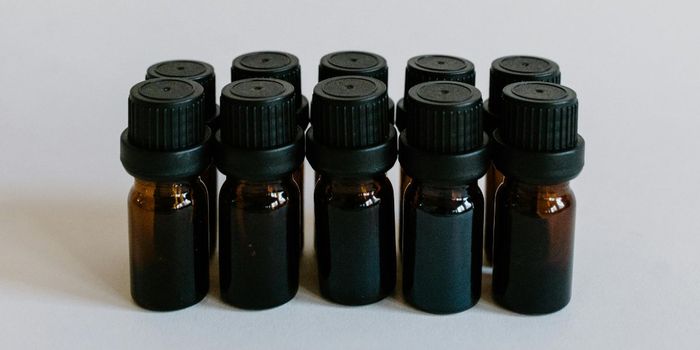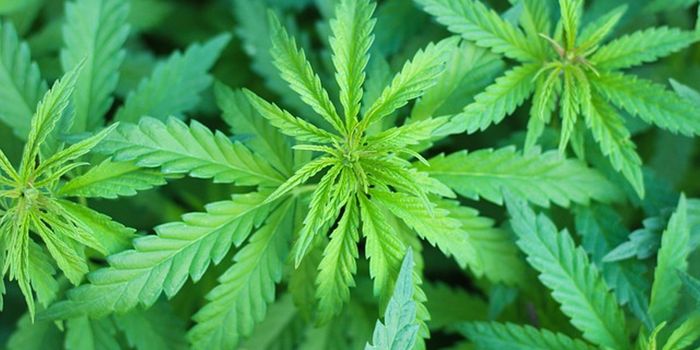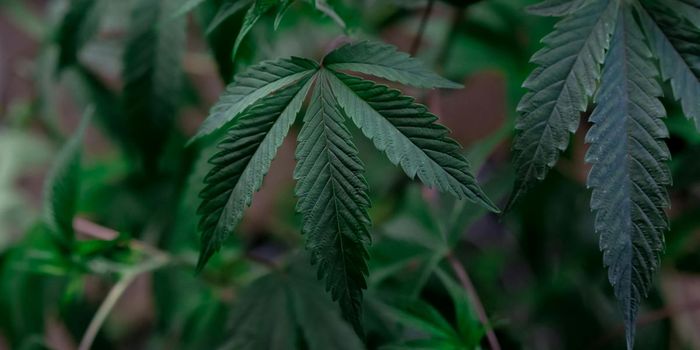Hemp Seeds May Reduce Heart Disease Risk
Heart disease is the leading cause of death around the world. And it seems that many methods to avoid it involve lifestyle choices. Now, research has shown that due to hemp seed's nutritional value, eating the seeds may be protective against the disease.
Although hemp is a form of cannabis, it has a relatively different profile to conventional notions of the plant. While hemp consists of less than 0.3% tetrahydrocannabinol (THC), the psychoactive compound of cannabis, marijuana strains tend to contain 5%-35% THC. The negligible THC content in hemp means that the plant does not induce the 'high' commonly associated with cannabis.
That isn't to say that hemp is not rich in other compounds, however. Hemp seeds contain high quantities of arginine, an amino acid that produces a gas molecule known as nitric oxide in the body. Known to cause blood vessels to dilate and relax, it has been shown to lower blood pressure and one's overall risk of heart disease.
More than this, a study of over 13,000 people found that those who increased their consumption of arginine tended to have lower levels of C-reactive protein (CRP), a marker for inflammation that is inversely linked to heart disease.
Meanwhile, gamma-linolenic acid, also found in hemp seeds, has been linked to lower levels of inflammation, which may also reduce one's risk of heart disease. Although seemingly effective in animals, recent studies in humans have suggested that the acid has varied effects, likely due to the different and more complex way in which humans process the acid.
Although robust clinical trials are yet to be conducted to assess the ability of hemp seeds to fully protect against heart conditions, indicators thus far seem to point towards its benefits. These, coupled with the seeds' high protein content and richness in various vitamins and minerals, mean that it is likely a healthy dietary option.
Sources: Medical News Today, Healthline









